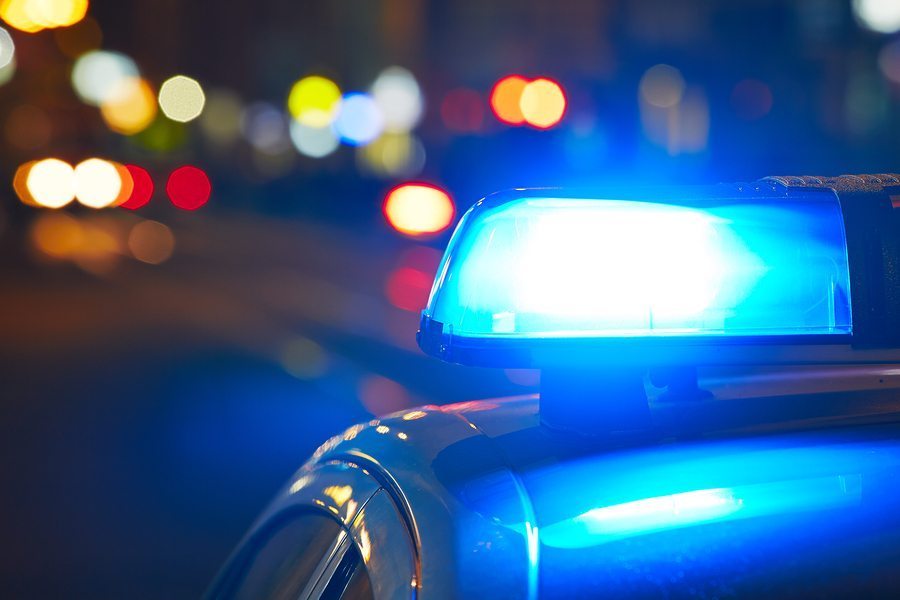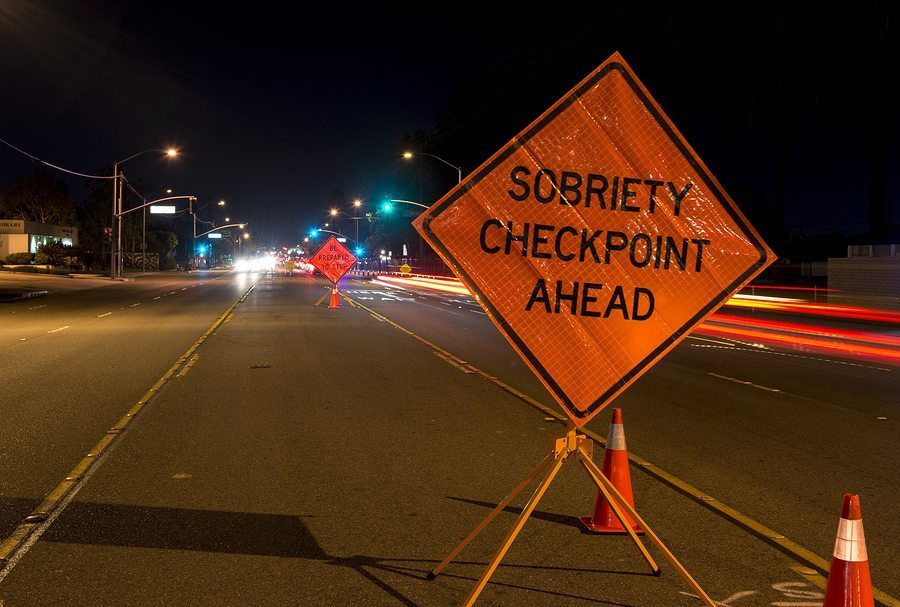In New Jersey, DWI is one of the most heavily punished crimes. Police constantly stay alert for drunk drivers. Whether you know the crime as “driving under the influence” (DUI) or “driving while intoxicated” (DWI), New Jersey’s statutes call it “driving while intoxicated.” Every version of DWI in New Jersey carries a license suspension, fines, and the possibility of jail time.
If you are charged with a DWI in New Jersey, do not risk handling the case on your own. Compared to other crimes, the possible jail time and fines for DWI are relatively low. That does not mean that the crime is not serious. Losing your license, paying fines, and going to jail can be a huge disruption in your life. Even worse, if you commit the crime again, your punishments are increased. Call an experienced DWI attorney today, like those at the Law Offices of John J. Zarych.

Drunk and Drugged Driving Offenses in Galloway Twp.
In New Jersey, the crime of driving under the influence is covered under N.J.S.A. 39:4-50. The crime covers both driving while intoxicated, as well as the lesser-used crime of allowing someone else to drive while intoxicated. This means that even if you are the passenger, but you let another drunk person drive your car, you could be charged with DWI yourself.
- 39:4-50 covers both alcohol and drug DWIs. Specifically, the phrasing of the statute is that it is illegal to “operat[e] a motor vehicle while under the influence of intoxicating liquor, narcotic, hallucinogenic or habit-producing drug….” This covers any drug or alcohol.
Note that this definition does not reference any “legal limit.” That means you can be charged, convicted, and arrested for DWI without any BAC testing. Simply the fact that you are driving while intoxicated is enough to cover DWI. This only works if the police can prove you were intoxicated, though.
Police cannot just say that a defendant “seemed drunk;” they need to point to specific facts that show the driver was intoxicated. That means showing things like dangerous driving, swerving, missed stop signs, and other driving errors. Things like glassy eyes, bloodshot eyes, slurred speech, inability to stand, the scent of alcohol on the breath, and other common signs of intoxication are a necessity. Beyond that, police may use “field sobriety tests” to determine a driver’s ability to drive. There are usually simple tasks that scientifically help show signs of intoxication. Despite their foundation in science, there are problems with some of these tests or their administration, and defense attorneys can challenge the results.
Beyond this definition is the standard definition of DWI that most people expect: it is illegal to drive with a BAC over .08%. BAC stands for “blood alcohol concentration,” and is a measurement of what percentage of your blood is alcohol. .08% is less than 1%, but is the “legal limit” across the country because it still has a strong effect on the human body. There is a second tier of DWI for BACs over .10%.
BAC is typically tested by a “breathalyzer” breath test in New Jersey. Many police in the state use the Dräger Alcotest system. Though these devices are usually accurate, the police might not have tested or calibrated their devices correctly, and the results may be called into question.
Keep in mind that refusing a BAC test will not help you beat your charges. In fact, under N.J.S.A. § 39:4-50.4a, refusing a BAC test will automatically lead to the Motor Vehicle Commission revoking your license for between seven months and one year.

DWI Penalties in Galloway Twp.
Even though DWIs, without an accident or injury, are not going to land you in jail for a long time, the penalties are still quite steep. With many crimes, the listed penalties are very high, yet most people only serve a portion of the time after conviction. With DWI offenses, the actual punishments are typically in line with the listed penalties.
For a first offense based on intoxication or a BAC over .08% (but under .10%), you face a fine between $250 and $400, a jail sentence up to 30 days, and a three-month license suspension.
For a first offense based on a BAC .10% or higher, or a drug DWI, you face a fine between $300 and $500, a jail sentence up to 30 days, and a seven-month drivers’ license suspension.
For a second offense of any kind, the sentence increases to between $500 and $1,000 in fines, a jail sentence between 48 hours and 90 days, a two-year license suspension, and 30 days of community service.
For a third or subsequent offense, you face a $1,000 fine, a minimum of 180 days in jail, a 10-year license suspension, and the installation of an ignition interlock on your car (when you get your license back).
An ignition interlock is a possible punishment for any DWI. It is a device that attaches to your car and makes it impossible to start until you can provide a clean breath test. Any DWI could also be punished with probation-like supervision, education at NJ’s Intoxicated Driver Resource Center, and other surcharges.
Fighting DUI/DWI Charges in Galloway Township
When you face drunk driving charges, you should hire an attorney to help you with your case. Fighting the charges in court often takes sophisticated strategies and legal defense techniques that our attorneys may be able to help you with. Among other potential defenses, there are three common approaches to challenging DWI charges: fighting the traffic stop, fighting the field sobriety tests (FSTs), and fighting the blood or breath test.
When fighting the traffic stop, your attorney will use relevant legal principals to argue that the police stopped you illegally. Police can only pull you over for a traffic stop if they have reasonable suspicion that you were committing a crime. Swerving, running a stop sign, or speeding could be proof that you were committing a traffic offense, but without this kind of evidence, the stop and any arrests or evidence stemming from it could be thrown out.
When challenging the field sobriety tests, your lawyer will question the police about how they performed the tests and whether they were fair. Some FSTs require very specific, complicated instructions, and a police officer who states these instructions differently may taint the test. Some police also use non-standard FSTs or unscientific sobriety tests to determine your level of intoxication, and these might not be admissible as evidence because they are not generally accepted as reliable.
Blood and breath tests may be wildly inaccurate if the test or laboratory was tainted. Blood tests also require a search warrant, and police cannot perform a breath test without first arresting you. Under these and other rules, a blood or breath test could be thrown out if police violated your rights.
Our attorneys work with these rules and other common problems with DWI cases to fight for our clients’ rights and work to get charges dropped and dismissed.
Our DWI Defense Attorneys in Galloway Township Can Help
If you or a loved one has been charged with drunk driving, do not face the charges alone. The experienced DWI attorneys at the Law Offices of John J. Zarych handle DWI cases throughout New Jersey. We can help fight the charges, get your penalties reduced, and get unfair charges dropped. Call us today for a free, confidential consultation at (609) 616-4956.







